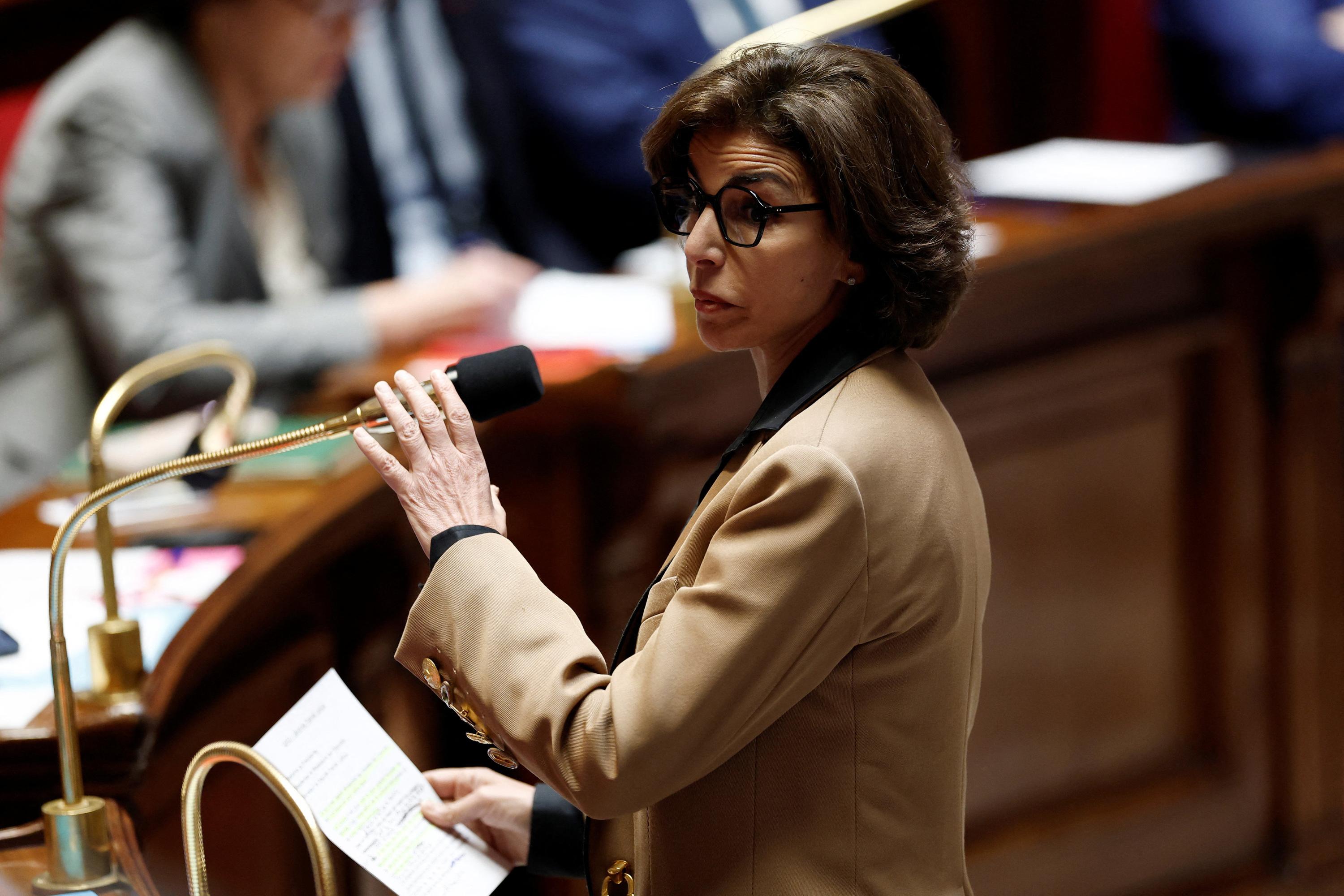Louvre Burglary Probe Advances Amid Security Staff Shortage Dispute
Investigation into the Louvre jewelry heist progresses amid union demands for more security staff and budget; officials confirm suspects and ongoing inquiries into internal complicity.
- • Four suspects identified and fingerprints under analysis in Louvre burglary.
- • Unions demand increased security staffing following loss of over 200 positions in 15 years.
- • Minister of Culture resists budget increases, promoting technical measures alongside human presence.
- • Around 100 investigators involved, case led by Paris prosecutor's interregional jurisdiction.
Key details
The investigation into the spectacular burglary at the Louvre continues to develop, revealing challenges in both security staffing and internal complicity suspicions. Paris prosecutor Laure Beccuau confirmed that fingerprint analyses are underway, aiming to link four identified suspects to the crime scene. While she hinted at possible accomplices, including internal museum involvement, she refrained from confirmation at this stage. The thieves obtained the specialized lift vehicle used for the heist through a fake rental agreement, during which threatening behavior towards a rental company employee was reported. Around 100 investigators from the interregional specialized jurisdiction of the Paris prosecutor’s office are currently overseeing this case.
Parallel to the inquiry, the Louvre’s employee unions have escalated their demands for increased security staffing and enhanced surveillance after the theft of nine imperial jewels from the Apollo Gallery. The CGT union reported the loss of more than 200 positions over the past 15 years, including a drop in security guards from 1,285 in 2023 to 1,167 in 2024, despite the museum hosting nearly 9 million visitors last year. During the incident, merely five guards were present in the affected gallery, adhering to protocols focused on evacuating visitors and notifying security rather than physically confronting intruders.
Unions criticized the Ministry of Culture for underfunding security roles amid cultural budget cuts, with the SUD union denouncing the allocation of resources toward non-essential activities. Despite considerable praise from Culture Minister Rachida Dati for the guards' response, she remains opposed to increasing the security budget, advocating for a balance between human presence and technological measures such as security cameras. The unions’ call for more jobs in the 2026 budget faces resistance amid a projected €300 million reduction in cultural funding. Visitors continue to experience restricted access, with around 8% of museum rooms often kept closed.
With the Louvre’s leadership under scrutiny, including President Laurence des Cars recently questioned at the Senate, this case underscores a critical tension between ensuring public safety and managing financial constraints within France’s premier cultural institution.
This article was translated and synthesized from French sources, providing English-speaking readers with local perspectives.
Source articles (2)
Source comparison
Number of stolen items
Sources disagree on the number of items stolen during the burglary
lemonde.fr
"La procureure de Paris, Laure Beccuau, a annoncé des avancées dans l'enquête sur un vol survenu dans le musée le plus visité au monde."
lefigaro.fr
"Following the burglary of nine imperial jewelry pieces from the Apollo Gallery at the Louvre."
Why this matters: One source states that nine imperial jewelry pieces were stolen, while the other source does not specify the number of items taken. This discrepancy is significant as it affects the understanding of the scale of the theft.
Latest news
French Public Sees Rise in Political Violence Amid Pre-Municipal Election Tensions
Businesses Drive French Economy Amid Rising Financial Challenges for Youth
France Climbs to 4th Place in 2026 Winter Olympics Medal Table After Biathlon Relay Gold
XV de France to Field Largely Unchanged Lineup Against Italy in Six Nations
France and India Deepen Strategic Partnership with Focus on AI Regulation and Defense Cooperation
Data Breach Exposes 1.2 Million French Bank Accounts, Authorities Warn of Fraud Risks
The top news stories in France
Delivered straight to your inbox each morning.


